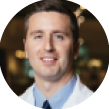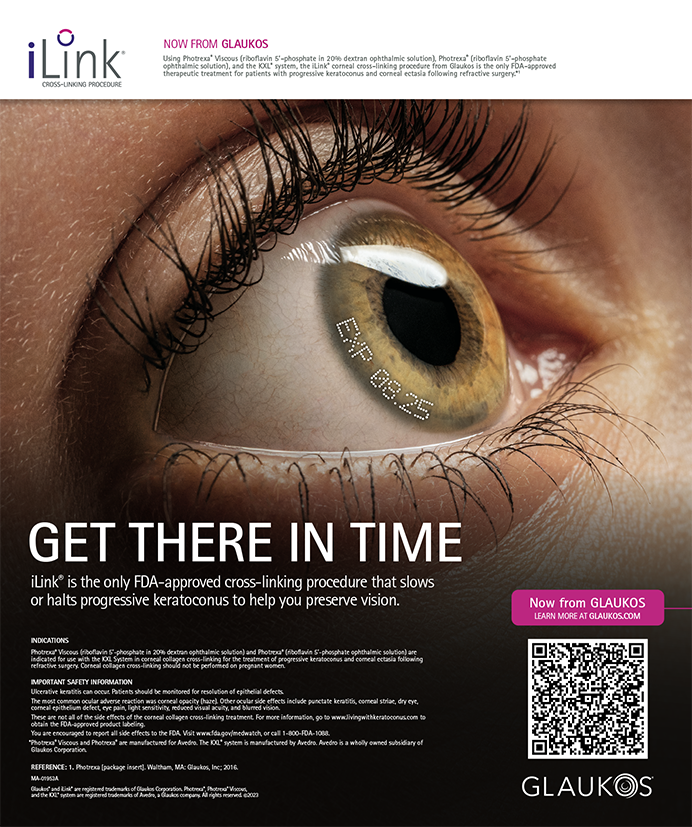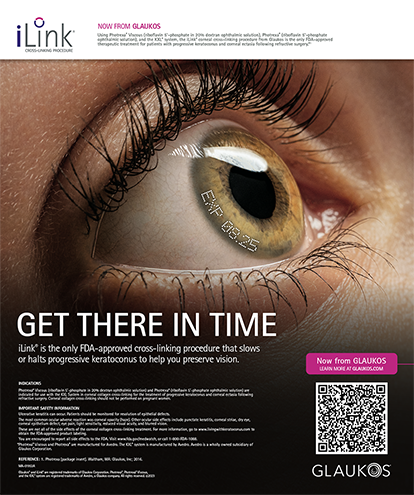
I believe that ophthalmologists can and should show compassion to patients, and I am grateful to have learned from the example set by my father, Larry Patterson, MD. When I was growing up, he would see 96 patients a day in rural Appalachia, and he always wanted to do more. He therefore spent 1 of his 2 weeks of vacation per year in Guatemala with my two siblings and me and showed us how to help other people.
Six years ago, I joined my dad’s practice. Like us, our employees are compassionate caregivers who practice in a town of 15,000 people that lacks many of the resources available in a city. Many of our town’s inhabitants don’t have enough money to make ends meet. Our practice began offering retinal injections for the treatment of age-related macular degeneration, retinal vein occlusion, diabetic macular edema, and other diseases many years ago. This form of treatment can be an expensive proposition for patients, especially those who lack insurance. Monthly visits are often required for an extended period.
Regeneron has graciously helped many thousands of patients through its patient assistance program; the company donates medicine to those who are uninsured and destitute. My father and I wanted to do more. Five years ago, we decided to see these patients in our community, avoid unnecessary testing, and write off the expenses that they could not afford to pay. We do not charge fees for the exam or OCT imaging in these instances.
A team of our employees works to verify which of our patients are in need, and the staff establishes payment plans that may be as low as $5 a month. Patients are seen monthly provided they make even a small payment. This service has grown to accommodate 30 to 40 patients a month. The commitment by our practice is substantial because nearly half a day is required each month to see these patients. We do not, however, count this as a loss because we view it as our civic duty to help people in dire need.




